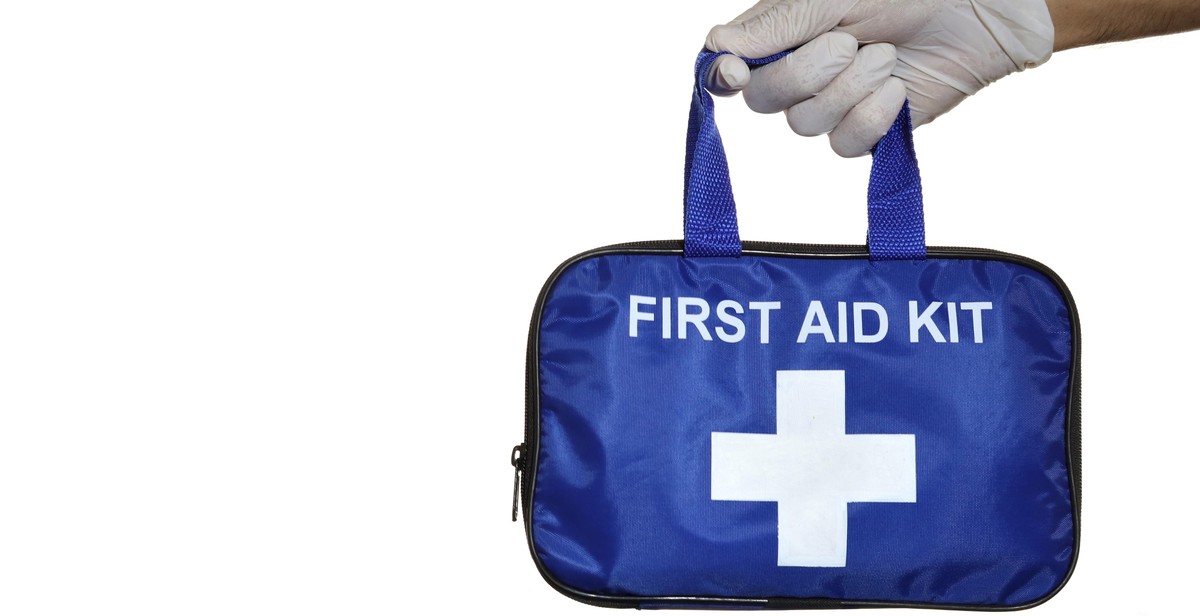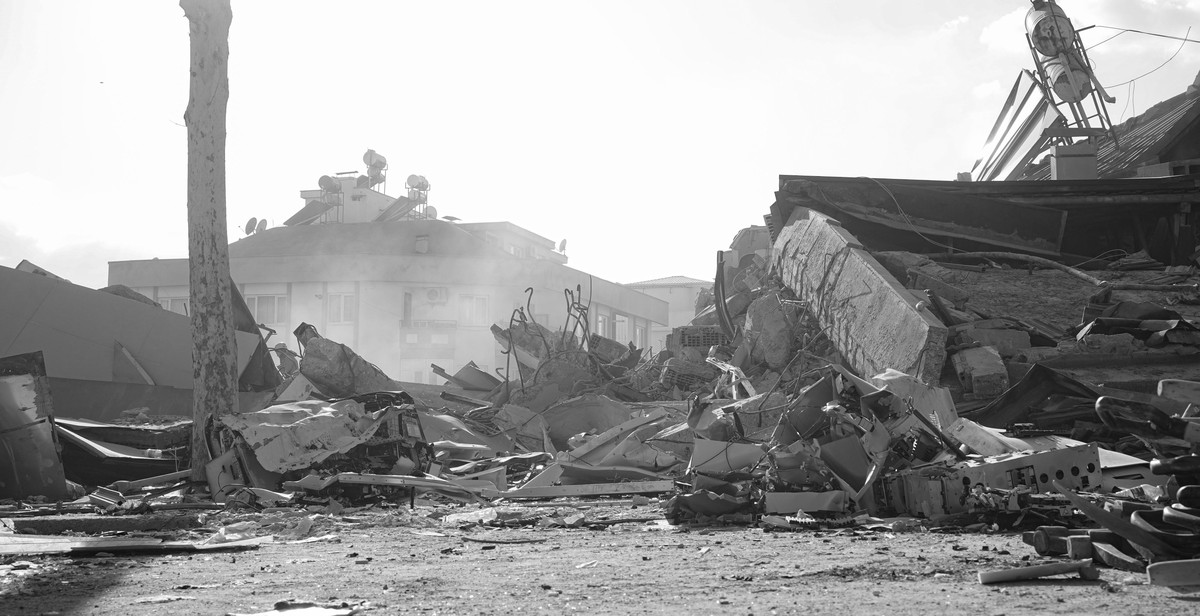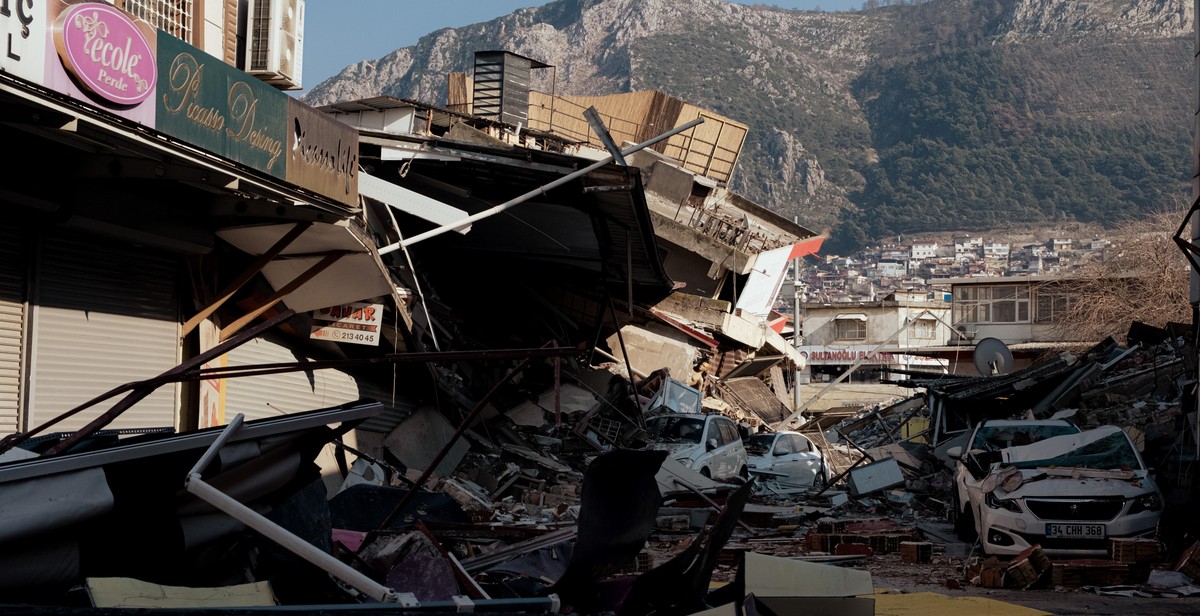How to Stay Safe during an Earthquake: Essential Tips for Earthquake Preparedness
Living in an earthquake-prone area means that you should always be prepared for the unexpected. Earthquakes can strike at any time, and the damage they cause can be devastating. That’s why earthquake preparedness is essential.
Why Earthquake Preparedness is Essential
Earthquakes can happen anywhere, and they can occur with little to no warning. They can be extremely dangerous and can cause severe damage to buildings, roads, and other infrastructure. In some cases, earthquakes can even be deadly. That’s why it’s essential to be prepared for an earthquake before it strikes.
Being prepared for an earthquake means having a plan in place for what to do during and after the earthquake. It also means having the necessary supplies and equipment on hand to help you survive in the aftermath of an earthquake. With the right preparation, you can minimize the damage caused by an earthquake and keep yourself and your loved ones safe.
In this article, we’ll provide you with essential tips for earthquake preparedness. We’ll cover everything from creating an earthquake survival plan to assembling an earthquake emergency kit. By following these tips, you’ll be well-prepared for an earthquake and will know what to do to stay safe.

Before an Earthquake: Identifying Potential Hazards
Before an earthquake, it is essential to identify potential hazards in your home, workplace, or any other place you frequently visit. These hazards can be anything from heavy furniture that can topple over to loose fittings that can fall and cause injury. Here are some tips to help you identify potential hazards:
- Take a look around your home or workplace for any objects that could fall or move during an earthquake.
- Secure any heavy furniture or appliances to the wall, such as bookcases, cabinets, or refrigerators.
- Check for any loose fittings, such as light fixtures or ceiling fans, that could fall and cause injury.
- Ensure that any hazardous materials, such as chemicals or cleaning products, are stored safely and securely.
- Identify safe places in each room where you can take cover during an earthquake.
Creating an Emergency Plan
Creating an emergency plan is crucial to staying safe during an earthquake. Your emergency plan should include the following:
- An evacuation plan for your home or workplace.
- A communication plan for your family or coworkers.
- A designated meeting place where everyone can gather after the earthquake.
- An emergency contact list with phone numbers of family members, friends, and emergency services.
- Instructions on how to turn off utilities, such as gas, electricity, and water.
Make sure that everyone in your household or workplace is aware of the emergency plan and knows what to do in case of an earthquake.
Preparing an Emergency Kit
Preparing an emergency kit is essential to staying safe and comfortable during an earthquake. Here are some items that should be included in your emergency kit:
- Non-perishable food and bottled water for at least three days.
- A first aid kit with essential supplies, such as bandages, gauze, and antiseptic wipes.
- A flashlight with extra batteries.
- A battery-powered or hand-crank radio to stay informed about the earthquake and any potential aftershocks.
- Extra clothing and blankets.
- Copies of important documents, such as identification, insurance policies, and emergency contact information.
- Cash and coins in case ATMs and credit card machines are not working.
Store your emergency kit in a place that is easily accessible and make sure that everyone in your household or workplace knows where it is located.
| Note: | Remember to regularly check and update your emergency kit to ensure that all items are still in good condition and have not expired. |
By identifying potential hazards, creating an emergency plan, and preparing an emergency kit, you can stay safe and prepared during an earthquake. Remember to practice earthquake drills with your household or workplace to ensure that everyone knows what to do in case of an earthquake.

During an Earthquake
During an earthquake, it is essential to act quickly and calmly to ensure your safety. Remember the phrase “Drop, Cover, and Hold On” to protect yourself from falling debris and other hazards.
Drop, Cover, and Hold On
The first step in protecting yourself during an earthquake is to drop to the ground, take cover under a sturdy piece of furniture, and hold on until the shaking stops. If there is no furniture nearby, crouch down near an interior wall and cover your head and neck with your arms.
Do not try to run out of the building during the earthquake, as you could be injured by falling debris or broken glass. Wait until the shaking stops before attempting to leave the building.
Stay Away from Windows and Glass
If you are inside a building during an earthquake, stay away from windows and glass doors. These can shatter and cause serious injuries. If you are near a window, move to a safer location as quickly as possible.
Do Not Use Elevators
During an earthquake, do not use elevators. They may become stuck or fall, causing serious injuries or death. Instead, use the stairs to evacuate the building.
If Outdoors, Move Away from Buildings, Trees, and Power Lines
If you are outside during an earthquake, move away from buildings, trees, and power lines. These can all pose a danger if they are damaged or fall during the earthquake. Move to an open area and stay there until the shaking stops.
Remember, earthquakes can be unpredictable and can cause serious damage and injury. By following these essential tips for earthquake preparedness, you can stay safe and protect yourself and your loved ones during an earthquake.

After an Earthquake
After an earthquake, it is important to stay calm and assess the situation. Here are some essential steps to take:
Check for Injuries and Damage
The first thing to do after an earthquake is to check yourself and others for injuries. Administer first aid if necessary and call for medical assistance if needed. Check your home or building for any damage, such as cracks in the walls or foundation, and assess whether it is safe to stay inside.
Turn Off Utilities
If you smell gas, hear a hissing sound, or see any signs of a gas leak, turn off the gas valve immediately. Also, turn off the electricity and water to avoid any potential hazards. Only turn them back on when you are sure it is safe to do so.
Evacuate if Necessary
If the building you are in has sustained significant damage, it is important to evacuate immediately. Follow the designated evacuation routes and do not use elevators. If you are trapped, stay calm and call for help as soon as possible.
Follow Emergency Communications and Authorities
Listen to emergency broadcasts on the radio or television for updates and instructions. Follow the advice of emergency authorities and do not return to your home or building until they have deemed it safe to do so.
| Important Tips: |
|---|
| • Stay away from damaged areas and buildings. |
| • Do not use matches, lighters, or open flames until you are sure there is no gas leak. |
| • Keep a first aid kit and emergency supplies on hand. |
